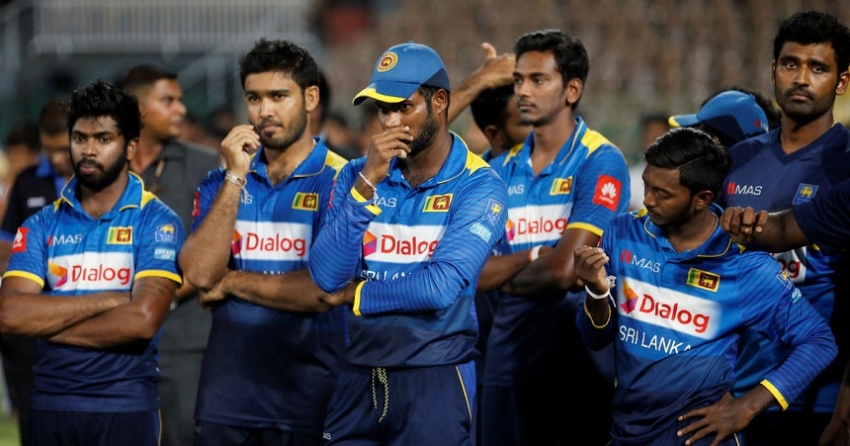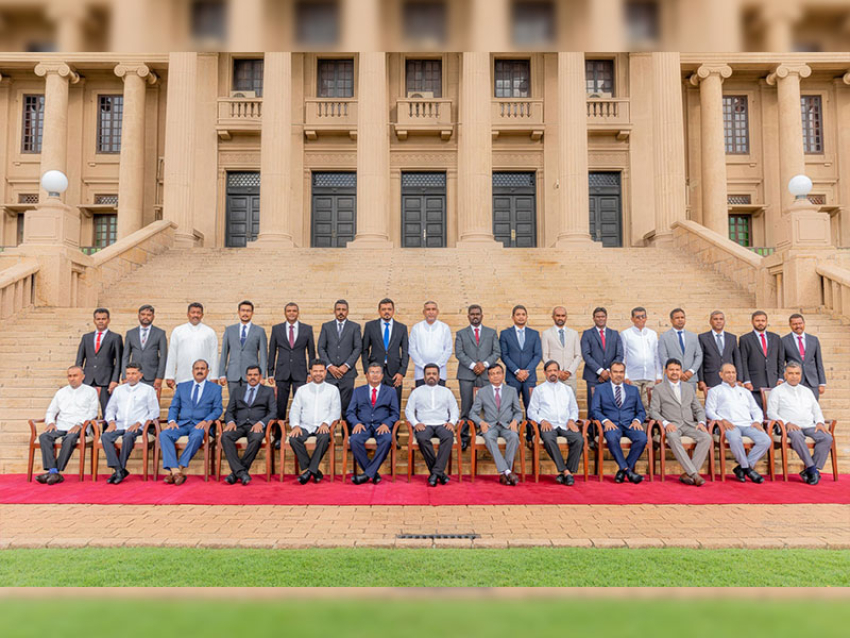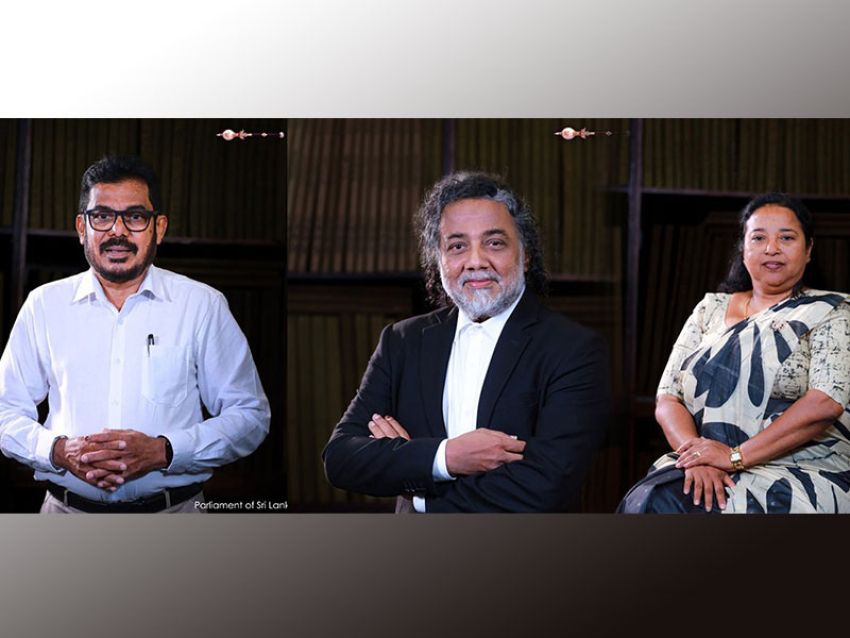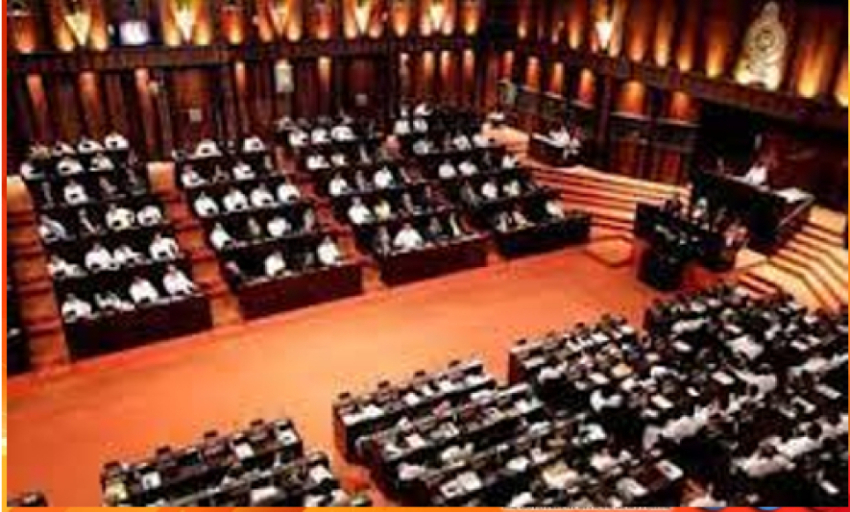The famously fickle British weather has dominated the past week of the Cricket World Cup, rain and cold winds interrupting the summer and ruining several games, halting the momentum of a tournament that had started so positively.Everyone hopes that the sunshine will return from this weekend, but the wet summer has clearly impacted the conditions and some teams have faced more challenges that others.
It’s obvious that drainage efficiency in the different venues varies greatly. In Bristol, we saw the game between Pakistan and Sri Lanka being called off in sunshine due to wet patches on the outfield while the match between England and West Indies in Southampton was played despite heavy rain throughout the week.
It’s the luck of the draw, but harder for some teams to take, especially when we are also seeing a surprising variation in pitch conditions. We have seen some noticeably green pitches, apparently to hold the pitch together, but then browner pitches also at the very same venue.
Uniform neutral pitches are a key requirement for a global tournament like this and that has unfortunately not always been the case. Sides have to adjust, but the disgruntled murmurs emanating from some team camps can be understood.
It’s a shame that it’s not practical to cover the entire playing area like is the norm in Sri Lanka. That effort requires huge manpower but it has become something of an art form for us and helps protect cricket from some of the monsoonal downpours we have to contend with.
For Sri Lanka, the forward strategy is a pretty simple one: bat well and build totals the bowlers can defend; or work out how to chase down the totals set. There is a need to get back to basics in terms of building long partnerships.
Angelo Mathews and Kusal Mendis need to carry the middle order through. Both need to score effective runs and needs more spark and energy in their approach. Their body language has been a bit defeatist and they need to inspire that dressing room, with help from Lasith Malinga, for Sri Lanka to compete.
They need to take games deep and keep challenging themselves to rise to difficult occasions. They have the ability to do that and I believe deep-down they have the belief.
For India, the injury to Shikhar Dhawan is a big blow. His record in big tournaments is phenomenal. He has had a great start to this World Cup and his partnership with Rohit Sharma has been the foundation upon which India builds its imposing totals and allows the freedom to the other batsmen.
That is a reason why India, understandably, will allow Dhawan every possible opportunity to recover and postpone a full replacement even though that replacement is the brilliant Rishabh Pant.
This gives them the opportunity to strengthen their all-round abilities by selecting Ravindra Jadeja or Vijay Shankar, or instead go with the full batsman in terms of experience and class in Dinesh Karthik.
Whichever way they go, it will be looked on as an opportunity by their passionate and fantastic captain Virat Kohli, and especially by KL Rahul who will probably be promoted to open the innings.
The weather forecast for their epic clash with Pakistan looks reasonable and it should be a fantastic contest. India will be favourites to extend their fine record in World Cups against Pakistan and their unbeaten run in this tournament.
However, Pakistan are very dangerous when things click and we will just have to see which Pakistani team turns up on the day.South Africa, meanwhile, are struggling to break free from the AB de Villiers selection controversy after news broke that he had made a last-minute offer to play in the World Cup despite previously retiring from international cricket.
My view is that AB has been plagued with indecision in the recent past and has struggled to balance out the requirements of playing lucrative franchise cricket with the sacrifice that comes with playing for your country.
The reasons for this are complex, and possibly not entirely of his own making, but if he wanted to return to the international fold a sacrifice was in turn required well ahead of time to prepare and reintegrate fully to the South African side.
The decision to refuse his offer of a comeback for the World Cup must have been a hard one, especially in light of the expert skill he brings to the side and his clear match winning ability, however it seems a decision taken after much thought.
The issue would have been better served if it were public knowledge before the tournament began rather than being disseminated once South Africa lost a few games.




















